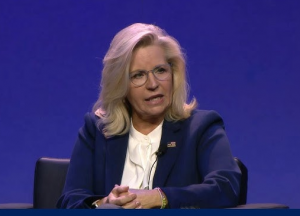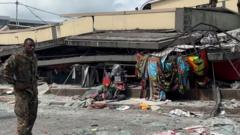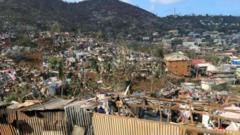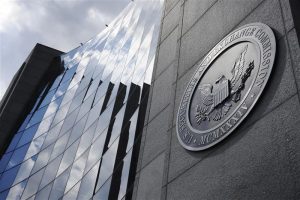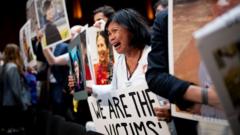The Vatican's long-awaited report, published by the Pontifical Commission for the Protection of Minors, offers insight into the church's efforts to protect minors in the wake of clerical sexual abuse, yet faces widespread criticism for its perceived shortcomings.
Vatican's First Sex Abuse Report Draws Scrutiny

Vatican's First Sex Abuse Report Draws Scrutiny
A newly released report from the Vatican on clerical abuse has sparked immediate backlash from survivor advocates, deeming it inadequate and lacking accountability.
The Pontifical Commission for the Protection of Minors released its inaugural report on clerical sexual abuse within the Roman Catholic Church on Tuesday, generating significant controversy and backlash from advocates for survivors. Instituted a decade ago, this commission was designed to guide the Vatican in implementing measures to protect vulnerable individuals from abuse by clergy members. Since the onset of the clerical abuse scandal gaining public attention two decades prior, the church has struggled to enforce effective policies to address abuse and to hold bishops accountable for potential cover-ups.
In 2014, Pope Francis established the commission to provide counsel on safeguarding minors and vulnerable adults, and it was charged with ensuring compliance with a new church law aimed at combating clerical sexual abuse. This recently published report is significant as it marks the first occasion the Vatican has disclosed outcomes regarding its safeguarding efforts.
The findings reveal a mixed landscape: while some countries exhibited a strong commitment to safeguarding practices, others demonstrated concerning deficiencies in supporting abuse victims. The report also called for enhanced disciplinary measures and financial reparations for survivors, emphasizing the need for better accountability.
At a press conference on the report's release, Cardinal Sean O’Malley, the commission's president, described the document as a "snapshot" of the church's efforts toward transparent and accountable ministry. Nevertheless, he acknowledged that considerable work remains. He indicated that in several instances, participation from various dioceses within a country was notably lacking, highlighting the inconsistent application of policies across the globe.
Criticism surrounding the report has stemmed primarily from survivor advocates, who argue that it falls short of the comprehensive accountability that victims of clergy abuse deserve. Many view it as an attempt at obscuring the real issues facing the church, fearing that without greater scrutiny and independent verification, similar abuses may continue to evade full accountability within the Catholic Church.
The release of this report comes amid ongoing scrutiny and calls for reform within the church, underscoring the deep and lasting effects of the sexual abuse scandal that has shaken its foundation.
In 2014, Pope Francis established the commission to provide counsel on safeguarding minors and vulnerable adults, and it was charged with ensuring compliance with a new church law aimed at combating clerical sexual abuse. This recently published report is significant as it marks the first occasion the Vatican has disclosed outcomes regarding its safeguarding efforts.
The findings reveal a mixed landscape: while some countries exhibited a strong commitment to safeguarding practices, others demonstrated concerning deficiencies in supporting abuse victims. The report also called for enhanced disciplinary measures and financial reparations for survivors, emphasizing the need for better accountability.
At a press conference on the report's release, Cardinal Sean O’Malley, the commission's president, described the document as a "snapshot" of the church's efforts toward transparent and accountable ministry. Nevertheless, he acknowledged that considerable work remains. He indicated that in several instances, participation from various dioceses within a country was notably lacking, highlighting the inconsistent application of policies across the globe.
Criticism surrounding the report has stemmed primarily from survivor advocates, who argue that it falls short of the comprehensive accountability that victims of clergy abuse deserve. Many view it as an attempt at obscuring the real issues facing the church, fearing that without greater scrutiny and independent verification, similar abuses may continue to evade full accountability within the Catholic Church.
The release of this report comes amid ongoing scrutiny and calls for reform within the church, underscoring the deep and lasting effects of the sexual abuse scandal that has shaken its foundation.


